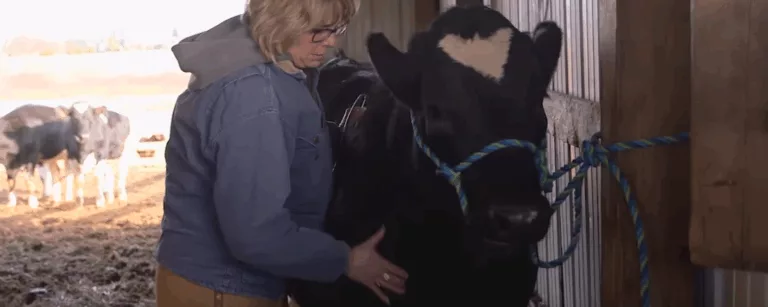
Preventing disease is a big part of a veterinarian’s ethical obligation
January 20, 2017
Animals raised for food live in herds or flocks, share water and feed troughs, and seek close contact with one another by licking, laying on each other and even rubbing snouts and noses. This can spread illnesses rapidly. Waiting for animals to show symptoms of an illness before beginning treatment is often too late. Swift action can prevent the spread of disease and result in animals receiving fewer antibiotics than they would have had they not received preventive medication.


